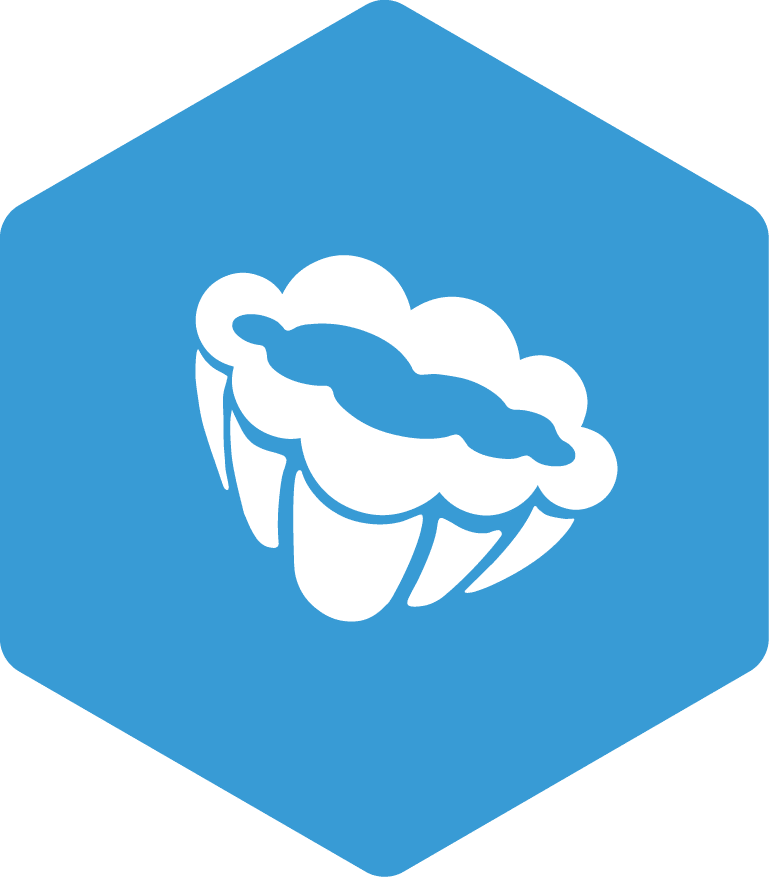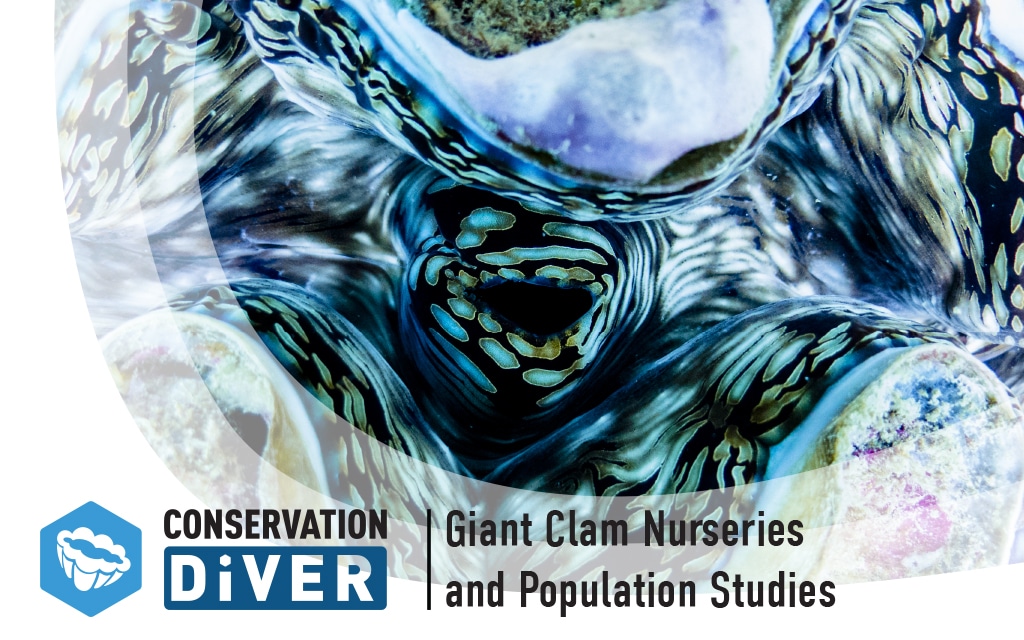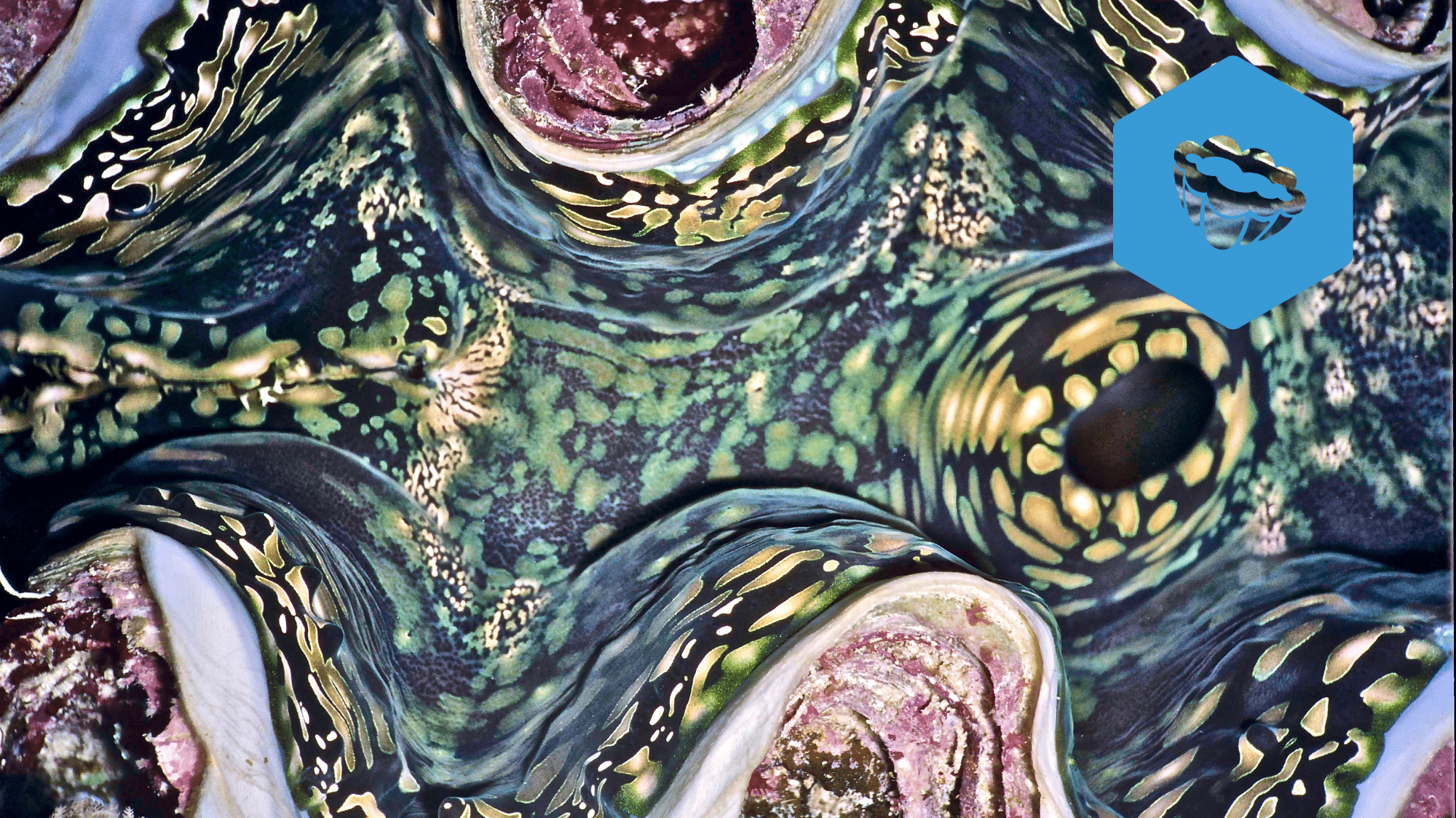Giant Clam Nurseries and Population Studies
Giant Clam Nurseries and Population Studies

Giant Clams are important regulators of the oligotrophic conditions that coral reefs need the thrive. They are
able to filter on average 1000 litres of water per day which controls the water quality and nutrient levels in the ecosystem. This reduction in nutrients by filter feeders allow corals to thrive.
During this course students will be introduce to different
survey techniques to monitor giant clams and be taught the
key processes to evaluate and recognise different species.
We will also demonstrate the steps required to manage giant
clam nurseries and the on-going maintenance and data
collection to be done following transplanting.



Prerequisites
- Be 12 years of age or older
- Be certified as an Advanced diver under a leading diving organization (PADI, SSI, RAID, etc) or an Open Water diver who has satisfactorily completed a buoyancy appraisal with a professional diver
- Demonstrate proper diving ability at an advanced Level and be proficient in buoyancy and self-awareness.
- Be certified in our Ecological Monitoring Program
Standards
- Understand the importance, ecology, and threats to giant clam populations locally and around the globe
- Be able to identify anatomical features of giant clams in order to perform species recognition
- Learn techniques to survey and monitor local giant clam populations
- Learn techniques involving the use and maintenance of in-sea giant clam nurseries
Requirements
- Attend 1 Giant Clam Lecture
- Perform 1 survey dive specifically taking data on Giant Clam Abundance/Density, Diversity, and size distribution
- Take data on giant clam growth and mortality at the in-sea nurseries
- Perform general maintenance duties during 1 dive at the giant clam nurseries
- Complete the final quiz
- Enter data into Conservation Diver database
Expected course time about 8 hours
Certification Card

Training Centers
- Indonesia – Blue Marlin Conservation
- Thailand – ATMEC
- Thailand – Black Turtle Conservation
- Thailand – NHRCP

